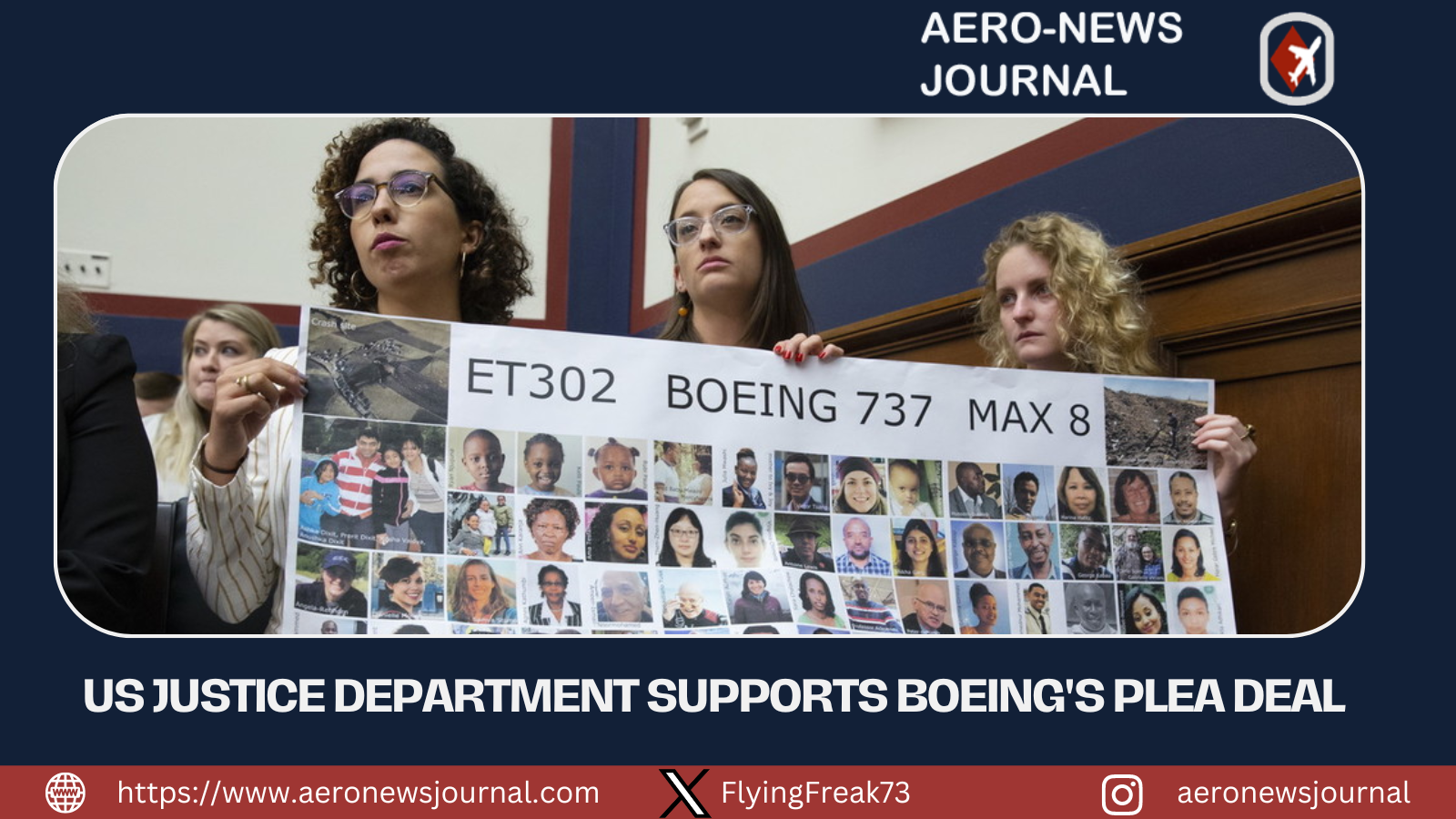
The U.S. Justice Department's recent endorsement of a plea deal with Boeing, following the tragic 737 MAX crashes that claimed 346 lives, marks a significant legal and corporate governance moment. This deal, which requires Boeing to plead guilty to a criminal charge of conspiracy to defraud the United States, has stirred a mix of reactions from relief to outrage, particularly among the victims' families who feel the punishment does not match the severity of the incidents.
.gif)
The Plea Deal's Details: Boeing's agreement includes a statutory maximum fine of $487.2 million, in addition to the billions already paid under a 2021 deferred prosecution agreement. This fine, however, has been a point of contention. Critics argue it's a slap on the wrist for a company whose actions led to such catastrophic outcomes. The Justice Department's rationale for accepting this deal hinges on the difficulty of proving beyond a reasonable doubt that Boeing's fraudulent actions directly caused the crashes or that the financial gain from their fraud exceeded the fine's amount.
Public and Legal Sentiment: The sentiment on platforms like X (formerly Twitter) reflects a broad spectrum of views. Some users express satisfaction with the deal, citing the financial burden and the imposition of a corporate monitor as significant steps towards accountability. However, others, especially those connected to the victims, feel that justice has not been served adequately. They point out that while Boeing faces financial penalties and operational oversight, the emotional and moral reparations for the families remain unaddressed. The plea deal, in their eyes, allows Boeing to sidestep a full trial where all details might have been scrutinized under public and legal pressure.
Implications for Corporate Accountability: This case sets a precedent for how corporate malfeasance, especially in industries where safety is paramount, might be handled legally. The plea deal, while punishing Boeing financially, also aims at reforming the company's practices through mandated compliance, safety, and quality programs costing $455 million over three years. This aspect of the deal is intended to prevent future misconduct, suggesting a shift towards preventive justice rather than purely punitive measures.
Victims' Families' Perspective: The families of the victims have been vocal about their dissatisfaction. They argue that the plea deal, by avoiding a trial, prevents a full public airing of Boeing's actions, which they believe should be exposed for the sake of accountability and as a deterrent for other corporations. Their contention is not just with the fine's amount but with the process itself, feeling that Boeing's plea has allowed the company to control the narrative of its culpability.
Economic and National Interest: From an economic standpoint, the plea deal might be seen as a compromise that allows Boeing to continue operating, which is crucial for jobs, local economies, and national security interests. The government's decision could be interpreted as balancing justice with economic stability, a delicate act where the full implications for corporate behavior might not be immediately clear.
Conclusion: The acceptance of Boeing's plea deal by the DOJ encapsulates a complex interplay of legal, moral, and economic considerations. While it punishes Boeing, the deal also underscores the challenges in prosecuting corporate giants where the evidence of direct causation in catastrophic events like airplane crashes is hard to prove beyond doubt. This case might encourage a broader discussion on how corporate accountability should be approached in the future, possibly leading to reforms in how such cases are handled, ensuring that justice not only punishes but also prevents. However, for many, especially the victims' families, this resolution feels like a compromise where true justice remains elusive, overshadowed by the need for economic continuity and corporate survival.
